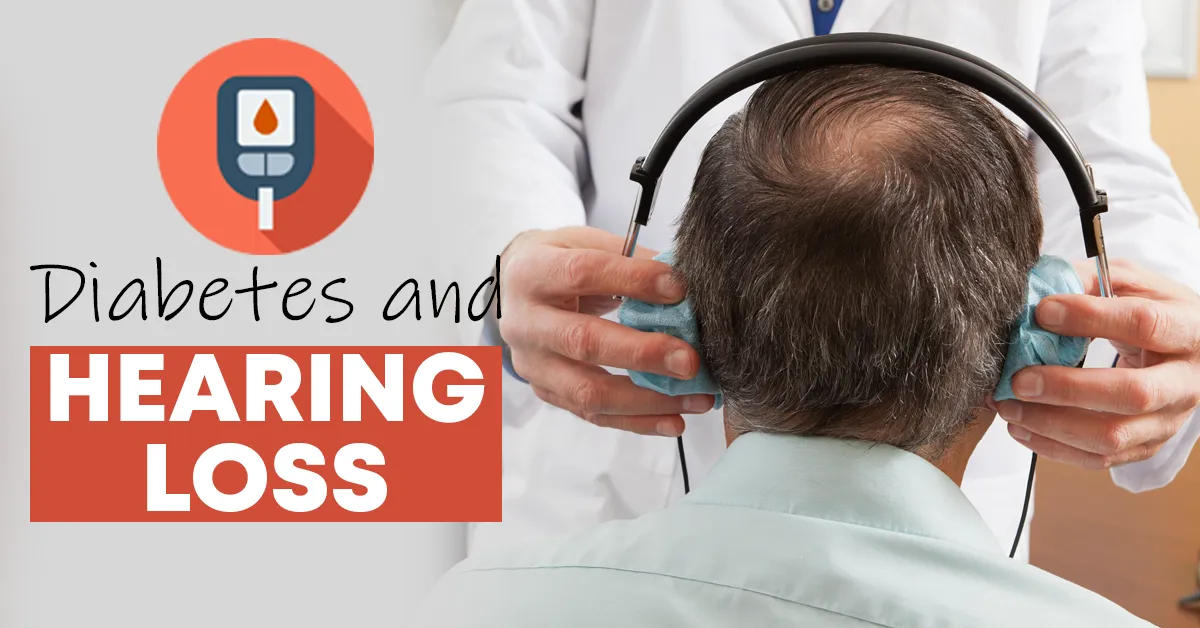The CDC estimates about 1 in 10 Americans have diabetes. Type 2 diabetes is the most common type of diabetes by a significant margin.
Diabetes can cause health complications in several parts of your body including your heart, kidneys, feet, hearing, vision, and more. In this post, we will highlight the hearing complications diabetes can cause.
Approximately 38 million Americans are living with diabetes according to the CDC. For those living with diabetes, hearing loss is twice as common as it is for someone of the same age who is not diabetic.
What is Type 2 Diabetes?
Your pancreas produces insulin, which helps the sugar you consume make its way through your body to be used as energy. When you have type 2 diabetes though, your pancreas is unable to produce enough insulin to manage your sugar.
Your cells also respond poorly to insulin and thus can absorb less sugar. This makes you “insulin resistant.”
Without sufficient insulin, this process eventually results in high blood sugar and diabetes.
How Does Diabetes Affect Your Hearing?
High blood sugar associated with diabetes can cause nerve damage throughout your body – including in your ears. When these nerves connecting your ears to your brain are damaged by diabetes, it can result in hearing loss.
This is similar to how the tiny nerves on the back of your eye can be damaged by diabetes, resulting in vision loss.
Diabetes can also contribute to high blood pressure, which is another cause of hearing loss.
How Can You Slow Down Hearing Loss?
Hearing loss can not be reversed, but it can be slowed down by managing your diabetes. If you experience hearing loss, it is recommended you avoid exposing yourself to loud noises and have your hearing checked each year to track if continued hearing loss is occurring.
What Can You Do?
If you are diabetic or prediabetic, it is crucial to see your primary care provider regularly to ensure you are keeping your diabetes under control.
Hearing loss typically happens slowly, making it hard to identify. If you feel like you are frequently asking others to repeat what they said or turning up your TV volume higher than normal, hearing loss may be starting.
If you suspect your hearing may be declining, talk to your primary care provider about where you could be tested by an audiologist for a proper hearing evaluation.


